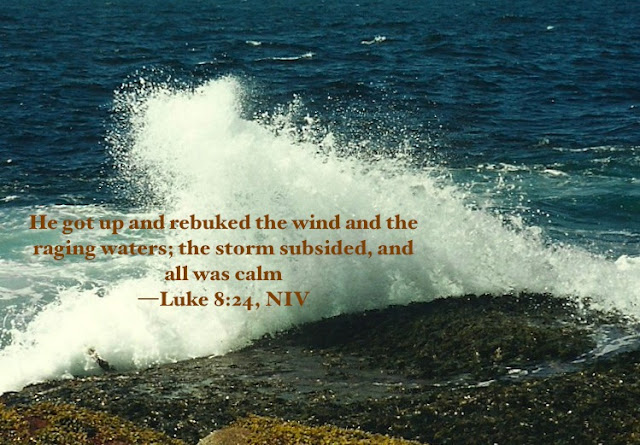The Enigma of Trust
Reading: John 1, 2 Trust is as basic a necessity as food, clothing and shelter—but much harder to hang on to. Jesus knew the reality of that. Early in His ministry the crowds followed Him, eager to hear from the “new kid on the block” and to see the miracles that He did. It was the best show in town—at least for that moment. John 2:23 (NIV) says: “ Now while he was in Jerusalem at the Passover Feast, many people saw the miraculous signs he was doing and believed in his name .” We put a lot of stock in those last four words: “ believed in his name .” But Jesus didn’t. Verse 24 goes on to say: “ But Jesus would not entrust himself to them, for he knew all men. ” The Lord was compassionate, loving, forgiving; but never naïve. That’s a balance we sometimes find hard to achieve. The disappointments we suffer at the hands of others often make us bitter, angry, and protective. “I’ll never let myself be hurt by so-and-so again!” comes the cry of a wounded heart. I suspect that some peop...



